"Every year, we reconsider Xenia expansion options in both the Netherlands and the rest of Europe, and, so far, demand exceeds supply. So, for now, there's still growth," begins Bernd Feenstra of Xenia Europe, which focuses on marketing the Xenia pear concept variety.
"The trick is to keep serving the demand market sufficiently but not overfeed it. We want a bigger slice of the pie, but unfortunately, that pie's not getting bigger. You, thus, have to be careful not to grow too fast."
Although still a relatively small player compared to big, free pear varieties like Conference, Abate Fetel, or Doyenné du Comice, according to Bernd, Xenia is the largest, fastest-growing new European pear variety.
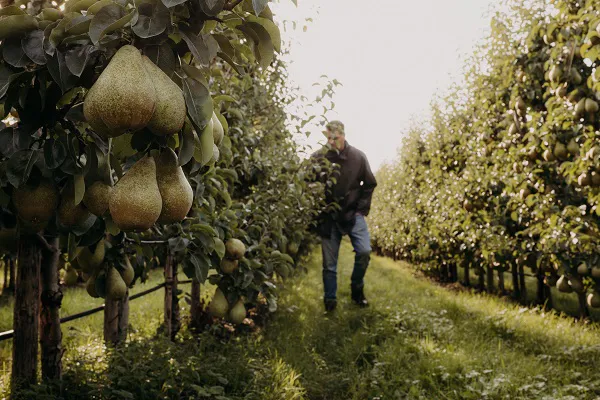
Xenia pears, too, are currently facing inflation and cost price hikes. Yet, Bernd still sees ample sales opportunities. "We, sadly, also notice the rising costs. Nevertheless, we're careful about drawing a direct connection between higher costs and changed consumer spending. For now, our programs at European supermarkets continue to run as usual. We're passing on part of our increased costs, and the market accepts that. As thing stand, there are no major sales volumes or repeat purchases changes at the service supermarkets and discounters we supply," he says.
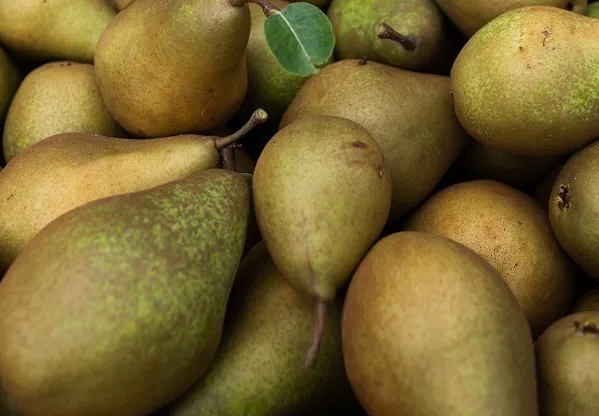
"Fortunately, sales to wholesalers also continue; they're just more erratic. The market reacts immediately to geopolitical developments and sudden sharp cost increases, but that goes both ways. Demand occasionally rises and falls." Bernd sees that while the latest uncertain economic conditions regrettably affect many consumers, plenty of people can and are still willing to pay more, not least because they could build extra buffers during the pandemic.
Effort
Market forces, however, limit implementing price increases. Feenstra noticed that last year, despite the market being fairly empty of local produce and less overseas competition, it still took some effort to sell the Xenias. "That missing volume meant there were few supermarket promotions, which often boost sales volumes by as much as six times. At the same time, there were plenty of other, lower-priced products. For example, when stores promote apples and pears at very low prices, your more expensive product won't sell as well," explains Bernd, who points out that grower yield prices should determine selling prices.
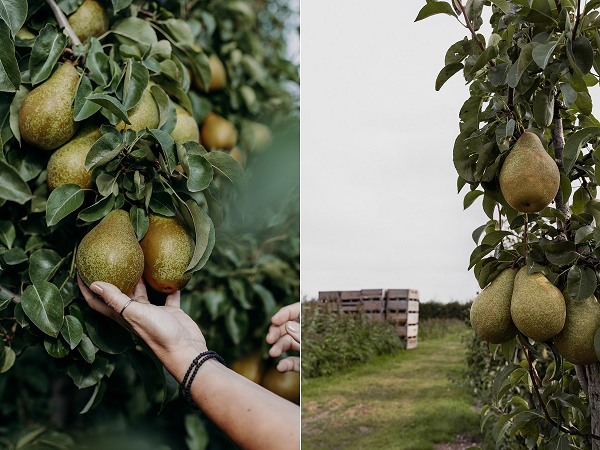
The Xenia pear sizes are a favorable starting point for the coming season. Although weather conditions during the flowering period and the dry summer resulted in a slightly more-than-expected reduced harvest, Bernd says ample large pears are available. That is crucial because it is what customers prefer and what is most profitable for the growers. "It's vital to deliver a quality product, and every link in our chain has a role: growing, picking, storing, sorting, and packing."
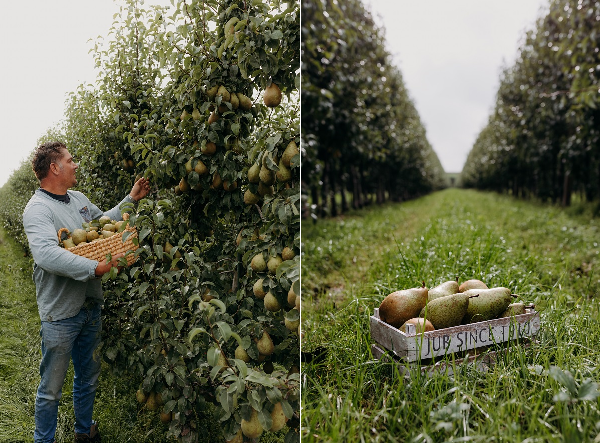
"So, when products reach store shelves, they last longer and taste good when they eventually get eaten. That's where our biggest opportunities lie: year-round high-quality Xenia," he explains. By now, Xenia is grown on more than 300 hectares in the Netherlands. In the other European cultivation countries of Germany, Austria, and France, that is 200+ hectares. The goal is to expand to a total of 1,000 hectares: 500 in the Netherlands and 500 in the other European countries.
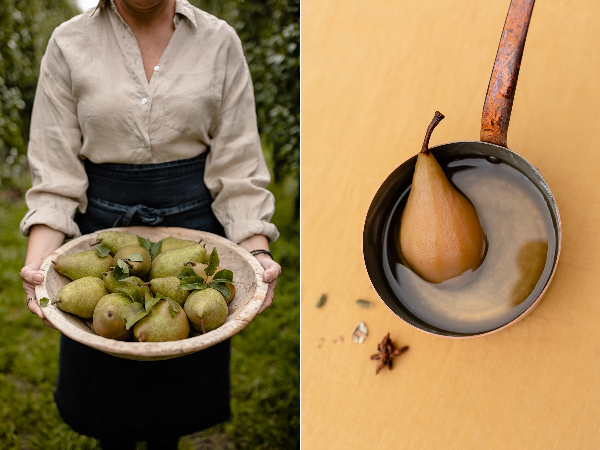
Tasty, healthy alternative
To reach those goals, raising awareness of Xenia pears is critical. Bernd has found that due to an aging population, general pear consumption is stagnating. "Pears are usually eaten by families with small children and the elderly.” That is why Xenia uses social media to reach consumers who don't routinely buy pears.
Bernd says Xenia is targeting a young audience with a sustainable pear that is easy to eat, tastes good, and has a great shelf life. "Last year, we had a spring campaign, and this year we're extending our marketing campaign to include Germany, Austria, France, and other key markets in Northwest Europe. We'll use humor to bring the pear to the attention of young Europeans and will compare Xenia to other popular fruits. We'll show that this pear is a tasty, healthy, local alternative to, say, bananas, kiwis, or oranges," he concludes.
Bernd Feenstra 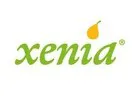 Xenia Europa
Xenia Europa
T: +31 (0) 418 683 615
M: +31 (0) 6 44 496 001
[email protected]
www.xeniapeer.nl/
